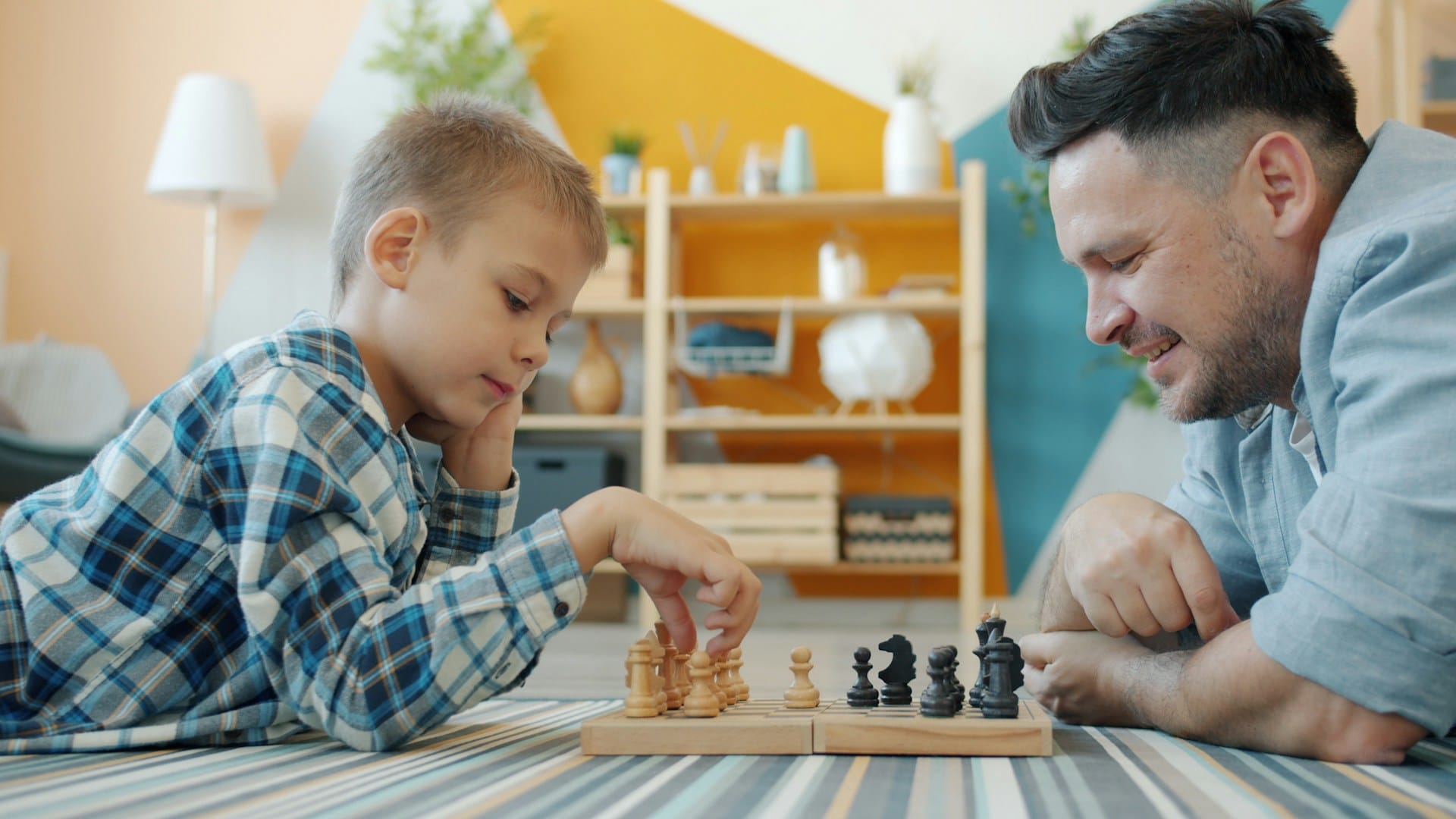We are deeply relational and social creatures, which means that we are at our best when we are in healthy relationships with others. It’s truly said that no person is an island. We’re all caught up in a web of relationships in which we rely on others and others rely on us. The difficulty comes when that healthy reliance and dependence becomes something else. Codependency is one way to have an unhealthy reliance on others, and recovering from codependency can be complicated.
Signs of a codependent relationship
The term “codependency” describes a situation where a person’s sense of self isn’t well developed, and they rely too much on others for their identity. A codependent person defines themselves by the likes and acceptance of others. This means that they don’t have a stable sense of self rooted in something deeper than their present circumstances.
Codependency happens for many different reasons, including dysfunctional family dynamics, social or cultural expectations, attachment issues, or unresolved childhood trauma. There are a few common signs that indicate codependency, and these include the following that you can look out for in your life:
Having difficulty setting and maintaining healthy boundaries
Codependent people struggle to say “No” or to set limits with others. This inability to set limits, coupled with often prioritizing the needs of others, will lead to feelings of resentment, burnout, or emotional exhaustion. A counselor from Frisco Christian Counseling can help you work through these challenges and develop healthier boundaries.
Excessive reliance on others
If your emotions rely excessively on others, that could be a sign of codependency. This might look like having a strong need for constant validation, reassurance, or emotional support from others, often at the expense of your own emotional well-being.
Loss of personal identity
If you feel like you have lost your sense of autonomy, or that you’ve lost touch with your interests, values, or goals, and instead you’re defining yourself solely or primarily through your relationships with others, that could indicate codependency.
Obsessive thinking or preoccupation with others
If you find yourself constantly thinking or worrying about other people, or you’re trying to control someone else’s life, emotions, or behaviors, that could be a sign of codependency.
Enabling or people-pleasing behaviors
You may be codependent if you find that you consistently prioritize other people’s needs over your own, even if it means sacrificing your happiness, health, or well-being.
As you look at your life, you may identify with one or several of these signs. This might indicate a pattern of codependency in your life. It is likely your well-being as well as the health of your relationships is being affected. Recognizing the signs of codependency is the first step toward finding healing and developing healthier relationships with other people as well as yourself.
Tips for recovering from codependency
Codependent behavior can mask itself as being nice or loving. It can be especially difficult to discern for Christians because loving others sacrificially as Christ loved His people can easily sponsor unhealthy decisions and behaviors. Christians ought to love their neighbor as themselves (Matthew 22:39), but that doesn’t mean acquiescing to everything others want or neglecting self-care. Love knows when to say “No” for others’ sake. (1 Corinthians 13:1-7)
 Recovering from codependency is a journey of unlearning habits and patterns of behavior that may have become ingrained with time. Some tips for recovering from codependent behavior include the following:
Recovering from codependency is a journey of unlearning habits and patterns of behavior that may have become ingrained with time. Some tips for recovering from codependent behavior include the following:
Be self-aware
Recovering from codependency requires a healthy dose of self-awareness. Self-reflection can occur by talking with a trusted loved one, through journaling, or by looking at the signs of codependency and asking yourself some hard questions. You can begin to identify and understand any codependent patterns, feelings, or behaviors in your life. This is a good first step.
Nurture your EQ
Codependency can dull your attention to and awareness of your thoughts, emotions, and needs. Take the time to focus on your physical, emotional, and mental well-being, prioritizing self-care to meet the needs you’ve identified. You can also begin to learn how to assert and express your needs and feelings.
Set healthy boundaries
It’s okay for you to say “No” to others. You matter, and arriving at that conclusion will also require you to develop a positive self-image and sense of self-worth. Establish and maintain healthy limits with others for your own well-being. It’s also helpful for you to learn to separate yourself from others’ problems and emotions. These changes may take time to implement.
Practice forgiveness
Codependency will often leave you feeling resentful of others. It’s important to forgive and release past hurts and resentments. Likewise, you will need to let go of any guilt for holding to your limits or boundaries.
Develop a support network
None of us can do life on our own. Surround yourself with healthy, supportive relationships, and people that can keep you accountable in your journey away from codependency.
Seeking professional help
Part of your support network can consist of help from a therapist, counselor, or coach experienced in codependency recovery. They can walk with you as you recover from codependency and nurture a stronger sense of self.
Reaching out for help
If you can identify signs of codependency in your life, it might be time to reach out to a professional for help. Contact us today at Frisco Christian Counseling in Texas and we will set up an appointment with a skillful Christian counselor in Frisco, Texas to begin nurturing healthier, more balanced relationships in your life.
“Green and Purple Plants”, Courtesy of Daniel Öberg, Unsplash.com, CC0 License
- Kate Motaung: Curator
Kate Motaung is the Senior Writer, Editor, and Content Manager for a multi-state company. She is the author of several books including Letters to Grief, 101 Prayers for Comfort in Difficult Times, and A Place to Land: A Story of Longing and Belonging...
DISCLAIMER: THIS ARTICLE DOES NOT PROVIDE MEDICAL ADVICE
Articles are intended for informational purposes only and do not constitute medical advice; the content is not intended to be a substitute for professional medical advice, diagnosis, or treatment. All opinions expressed by authors and quoted sources are their own and do not necessarily reflect the opinions of the editors, publishers or editorial boards of Stone Oak Christian Counseling. This website does not recommend or endorse any specific tests, physicians, products, procedures, opinions, or other information that may be mentioned on the Site. Reliance on any information provided by this website is solely at your own risk.





